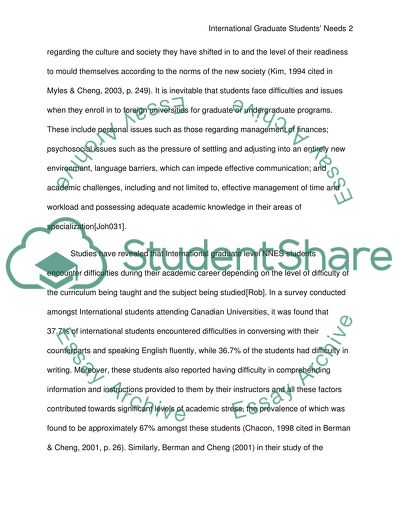Cite this document
(“How Can University Programme Be Changed To Address The Needs Of The In Essay”, n.d.)
Retrieved from https://studentshare.org/environmental-studies/1405907-in-class-essay
Retrieved from https://studentshare.org/environmental-studies/1405907-in-class-essay
(How Can University Programme Be Changed To Address The Needs Of The In Essay)
https://studentshare.org/environmental-studies/1405907-in-class-essay.
https://studentshare.org/environmental-studies/1405907-in-class-essay.
“How Can University Programme Be Changed To Address The Needs Of The In Essay”, n.d. https://studentshare.org/environmental-studies/1405907-in-class-essay.


